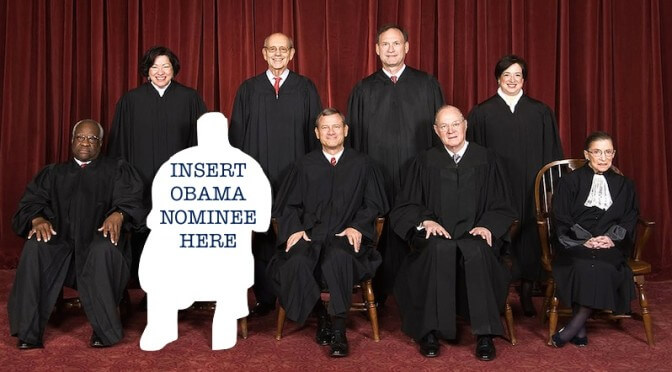President Obama just used his “pen” again to nationalize large swaths of federal land in the western states, removing them from development, as well as hundreds of millions of acres of the ocean from exploration. This action raises a number of constitutional issues.
First is the issue of just who has the constitutional right to these lands and seas? Laws have been passed regarding federal authority over these areas, but the larger question remains, are they constitutional? Article I, Section 8 of the Constitution lists the properties that the federal government has the authority to own, and all of these areas addressed by President Obama (and many presidents prior to him) are not included in that specific list. So if the federal government has no right to these lands/seas, then it has no authority to dictate to the states how the land may or may not be used. The lands belong to the states within whose boundaries they lie; to argue that they ceded ownership to the federal government and therefore legitimizes federal ownership does nothing to change the fact that the Constitution says nothing about such ownership rights.
When President Jefferson sought to acquire what came to be known as the Louisiana Purchase, he had such grave misgivings about the constitutionality of such an acquisition that he pushed for a constitutional amendment that would grant federal ownership to such properties. In 1803 Jefferson wrote “The General Government has no powers but such as the Constitution gives it… it has not given it power of holding foreign territory, and still less of incorporating it into the Union. An amendment of the Constitution seems necessary for this.” The land belongs to the states. The ocean shore out to the international limit belongs to the states. It is they who have the constitutional authority over those areas and not the federal government.
This brings us to Article IV, Section 3 of the Constitution. It states that “The Congress shall have Power to dispose of and make all needful Rules and Regulations respecting the Territory or other Property belonging to the United States.” Furthermore, Article VI, clause 2 goes on to state that “This Constitution, and the Laws of the United States which shall be made in Pursuance thereof;…shall be the supreme Law of the Land.” Any law, therefore, which the enforcement of or granting of powers is in conflict with the Constitution is not “in Pursuance of” the Constitution, and must of necessity be null and void.
The Antiquities Act of 1906 was passed to preserve archeological sites on public lands from looters. It gave the President absolute authority to single-handedly designate any federal public lands as national monuments, and thus protect it from looters. This Act is the basis for President Obama’s actions, and yet this law clearly flies in the face of the Constitution’s granting to Congress and Congress only the “Power to dispose of and make all needful Rules and Regulations respecting the Territory or other Property belonging to the United States.”
The states should stand together and nullify this unconstitutional Act and take back those lands and seas that rightfully belong to them, with the exception of those few constitutionally authorized properties that Article I, Section 8 grants to the federal government.
-December 30, 2016

